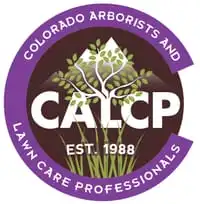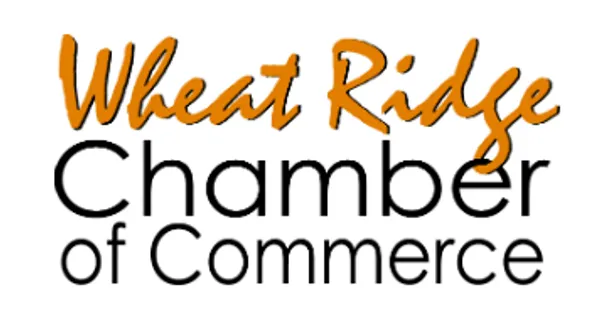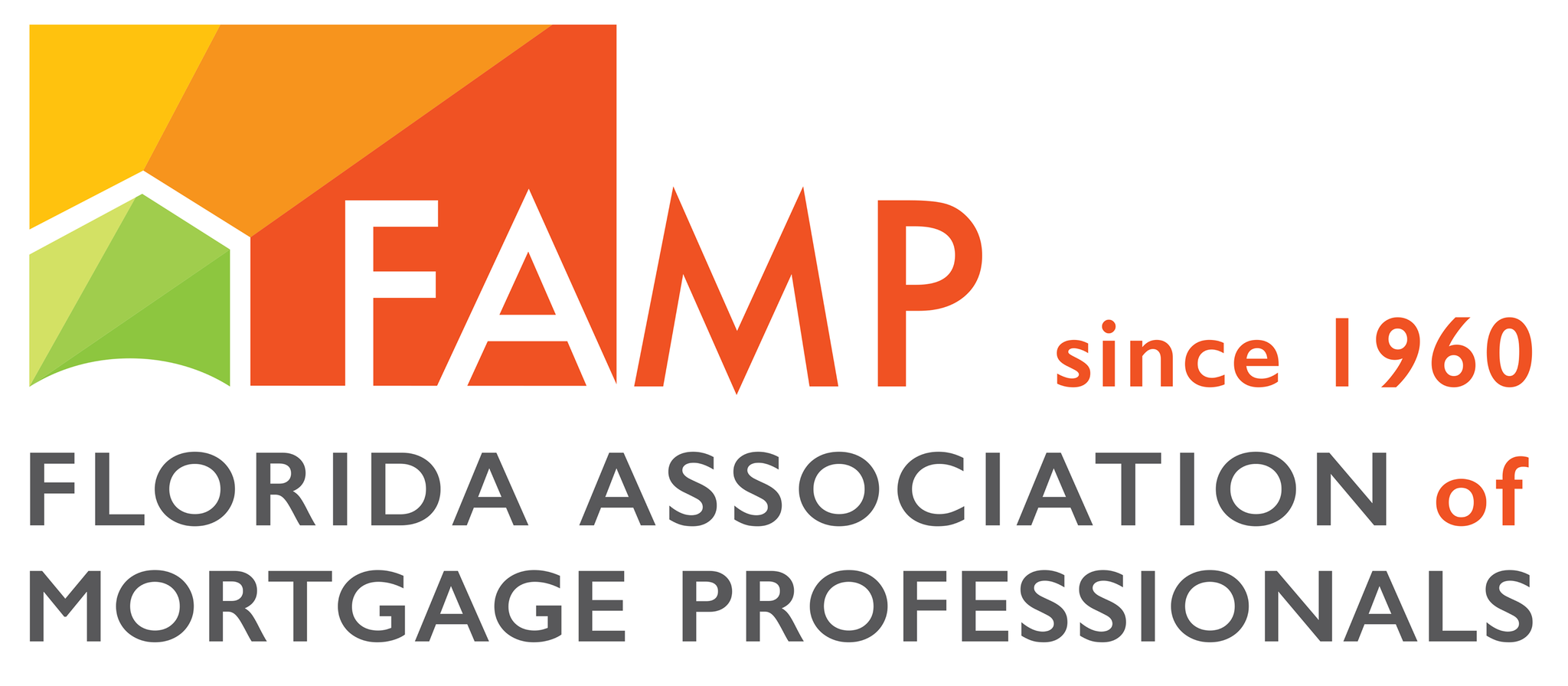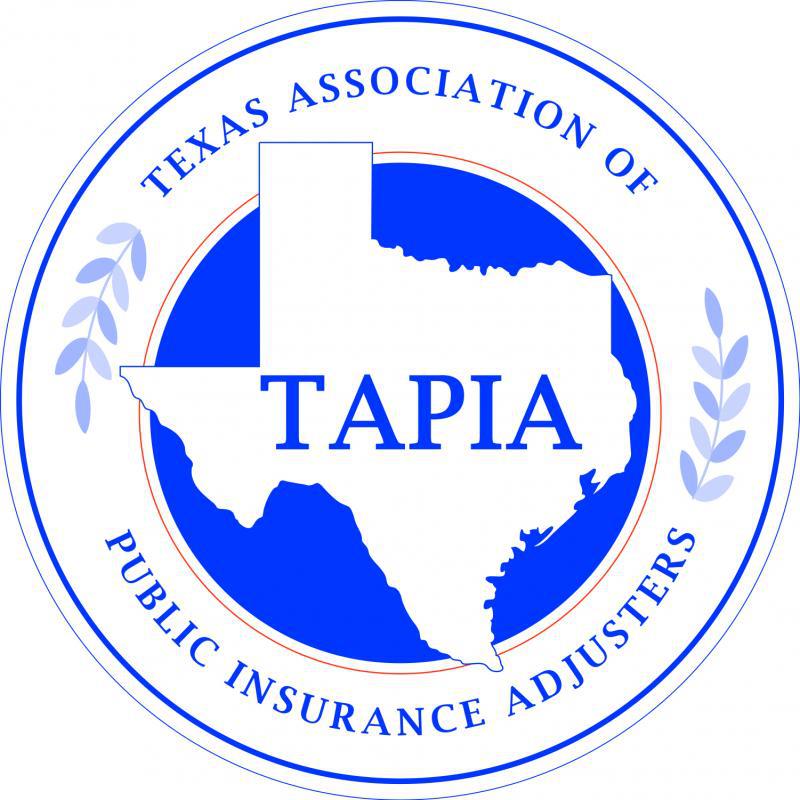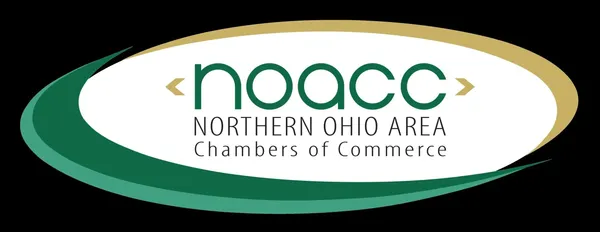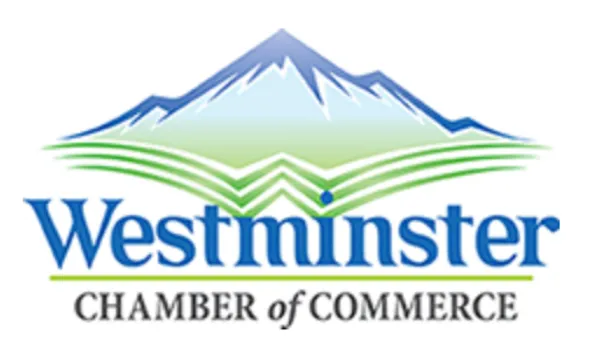This is a list of common documents that are important for associations and organizations. This list is ever growing and changing, so it is important to have an Association Management Professional who has access to new and updated requirements and best practices.
● Articles of Incorporation – Your organization officially comes into existence the day your Articles of Incorporation are filed. This document lays out basic structural information for the organization, including the name, registered address, registered agent, and membership structure. They should also include information relevant to the organization’s tax-exempt status
● Bylaws – This is essentially the operating handbook for your organization. Bylaws lay out the rules and procedures for electing directors, appointing executives, holding meetings and setting association policy. Bylaws are generally longer and more detailed than Articles of Incorporation, in part because it is easier to make changes to your bylaws.
● Code of Conduct – This document sets the standards of behavior that all directors and staff are expected to live up to when acting on behalf of the association.
● Conflict of Interest Policy – Dictates how conflicts of interest (or even potential conflicts) should be handled by directors and staff. Generally, requires all potential conflicts to be disclosed immediately and officers to recuse themselves from weighing in on issues where they have a possible conflict of interest.
● Whistleblower Policy – Sets standards for how ethics complaints involving the organization will be handled and protects the whistleblower from retaliation.
● Investment Policy – Sets guidelines for when and where the association can invest funds
● Reserve Policy – Sets rules for how much money the association should hold in reserve at any one time (sometimes a set number, sometimes a percentage of assets) and when that money may be used
● Document Destruction Policy – Dictates what records must be preserved by the company and for how long. The guidelines in this policy should be checked against federal regulations so the company has the required documentation available in the event of an audit
● Meeting Minutes – Official records of all board meetings. Minutes that have been approved by the board are considered legally allowable evidence that the events described actually happened as recorded.
● Brand Policy – Sets guidelines for logo and image use, including colors, placement, etc. Also details who is able to use logo and how that logo should be used.
In summary, having the right documents is crucial for your organization’s success and compliance. Whether you need to update existing documents, create new ones, or conduct a thorough audit, we’re here to help. Contact us today to ensure your organization is equipped with the top documents it needs to thrive.

